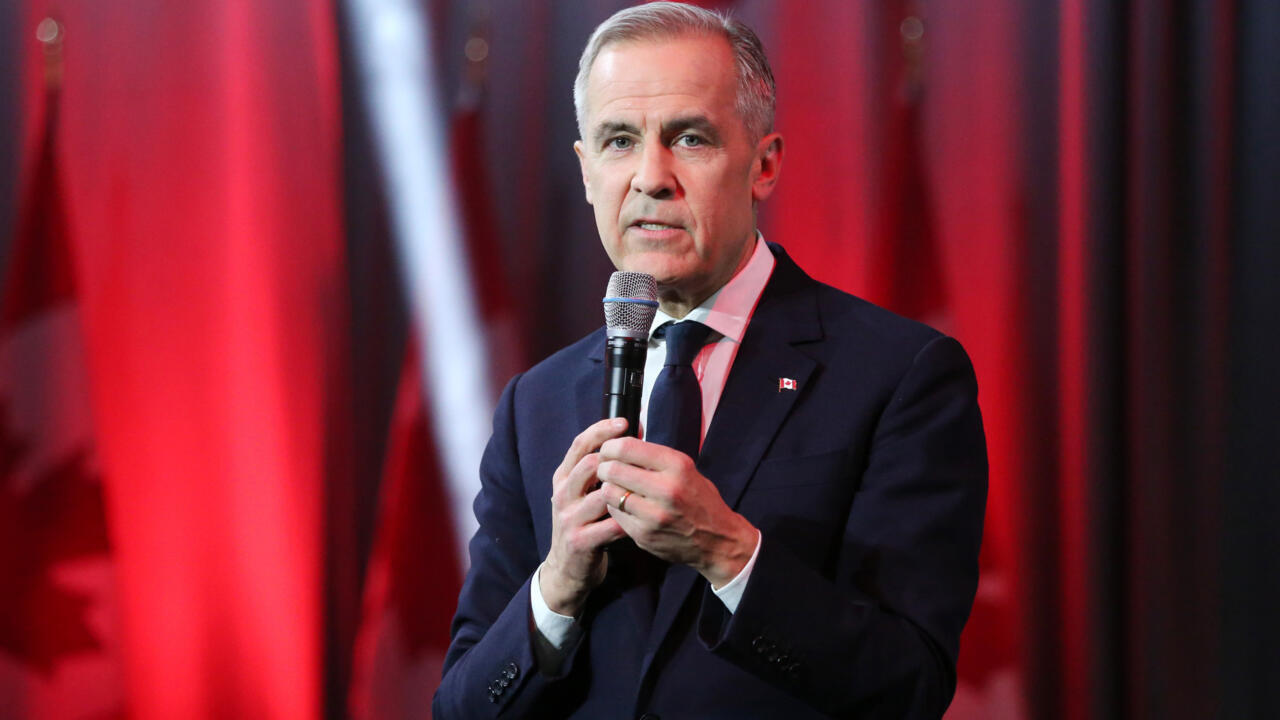By: Chioma Madonna Ndukwu
Following his election victory, the newly appointed Canadian Prime Minister, Mark Carney has announced the end of Canada’s longstanding diplomatic relationship with the United States.
Speaking to supporters after leading the Liberal Party to a projected fourth consecutive win, Carney declared that Canada’s ties with its southern neighbor are “over,” signaling a radical departure from decades of close cross-border cooperation.
Although the final composition of Parliament is still being finalized, early results show the Liberals positioned to form the next government, as confirmed by major networks like CBC and CTV.
Carney’s announcement comes amid escalating tensions with the U.S., particularly under the administration of President Donald Trump.
The relationship hit a breaking point on election day, when Trump revived trade threats and once again suggested, via social media, the annexation of Canada, comments that drew swift condemnation from Canadian officials.
Labeling the rhetoric from Washington as “hostile and destabilizing,” Carney used his victory speech to channel national frustration and rally support for a new foreign policy direction.
At 60, Carney brings international financial expertise to the role, having previously served as governor of both the Bank of Canada and the Bank of England.
He campaigned on an agenda of economic independence and resistance to Trump-era policies, vowing to forge stronger global alliances beyond North America.
“Canada must chart its own course,” he said, pledging to reduce economic reliance on the U.S. and pursue expanded trade and diplomatic relationships around the world.
Carney’s rise to power follows the political departure of Justin Trudeau, whose exit allowed the Liberals to rebrand and stage a resurgence in a tightly contested national race.
As the Carney administration takes shape, the world will be watching closely to see how Canada navigates its bold new path away from its most powerful neighbor.


